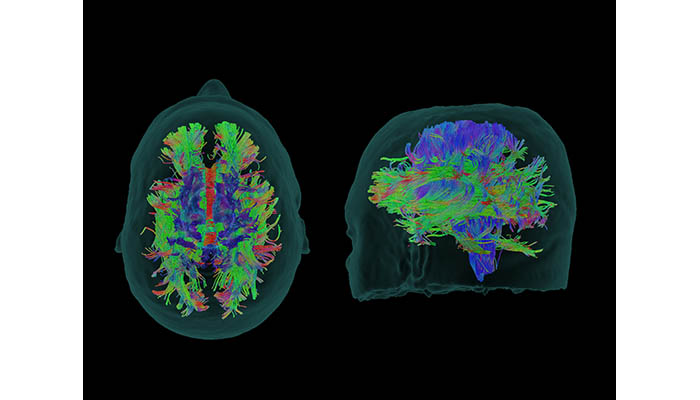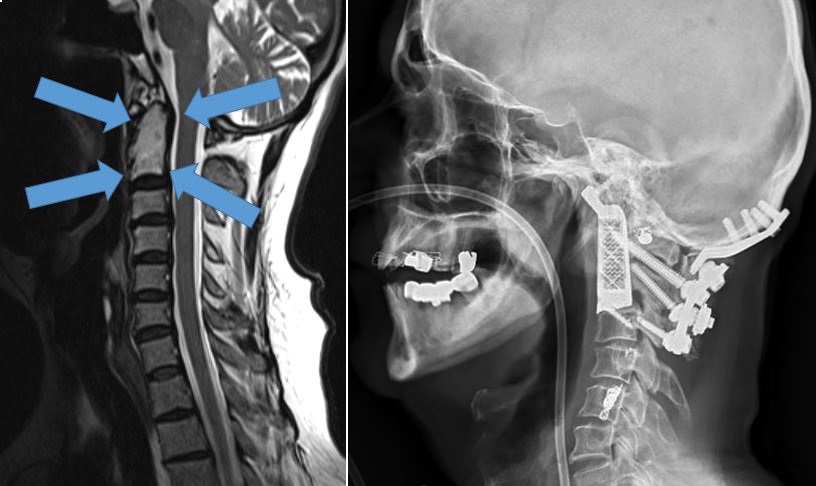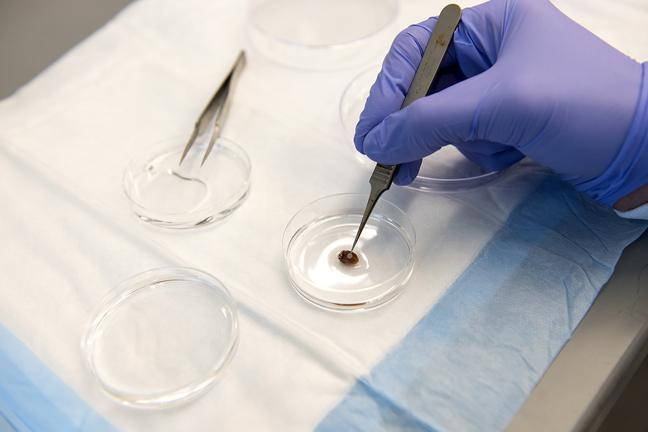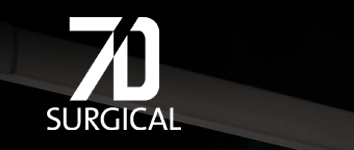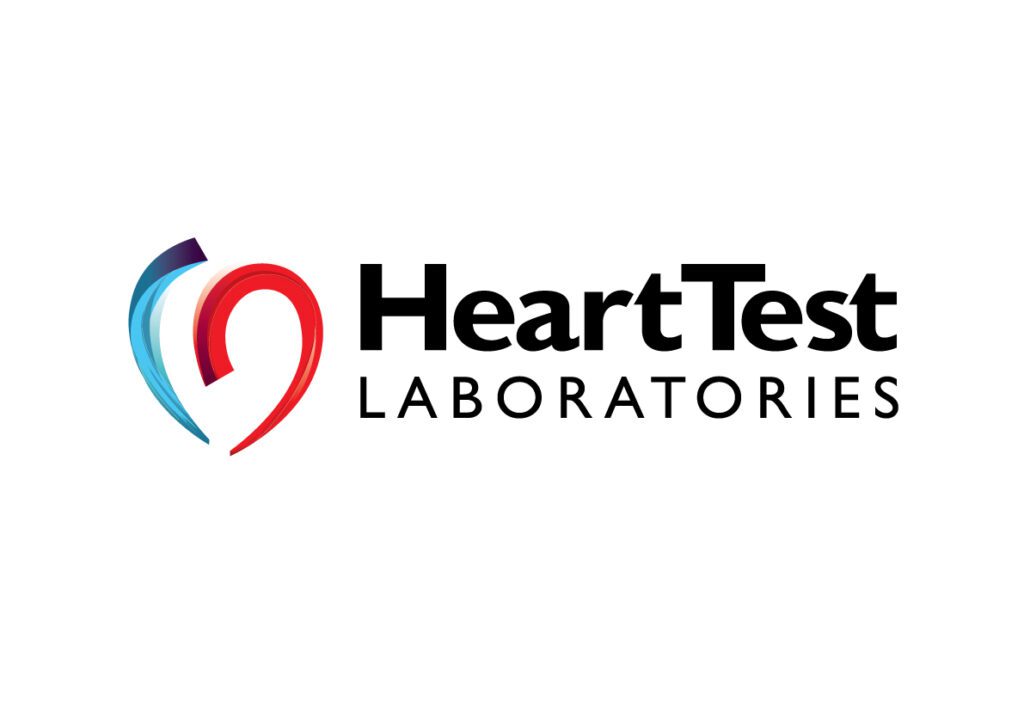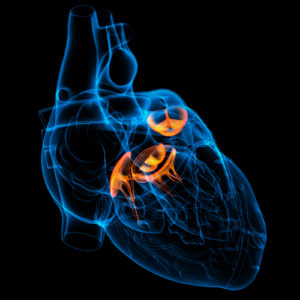Archive for April 2017
Synaptive Medical Wins CE Mark for BrightMatter Surgical Planning System
Synaptive Medical said today that it won CE Mark clearance in the European Union and regulatory approval in Australia for its BrightMatter Plan neurosurgical planning system. The Toronto-based company’s technology automatically generates 3D pictures of the brain, allowing surgeons to craft accurate preoperative plans. “Europe and Australia are home to many highly influential clinician-researchers in…
Read MoreHot Medtech Startups: 10 Companies to Watch in 2017
Medtech startups face more challenges than they have in the past, but several companies are developing products that take advantage of new technology and are specifically designed to meet healthcare’s evolving needs. The number of medtech startups has declined. Thirty years ago, the medtech field averaged 1,500 startups; it slid to about 600 by 2012.…
Read MoreFirst Robotic Surgery Performed to Remove Kidney Cancer Extending into the Heart
A surgical team at Keck Medicine of USC pushed the boundaries of clinical care by performing the first-ever robotic, minimally invasive surgical removal of a stage IV tumor thrombus — the removal of a kidney cancer tumor that extends into the heart. The nearly 10-hour procedure required painstaking precision from three renowned surgeons, a critical care…
Read MoreWorld-First Implantation of 3D-Printed Vertebrae
Ralph Mobbs, a neurosurgeon from the Prince of Wales Hospital, Sydney, Australia, has replaced two cancerous vertebrae with 3D-printed implants, according to a report from the Australian Broadcasting Company (ABC). The world-first surgery took approximately 15 hours, and involved the separation and re-attachment of the patient’s skull from his spinal tissue. The patient presented with…
Read More3D Printed Patch Could Help Patients Recover From Heart Attacks
A heart attack is a scary thing and it can go either way, although usually after the first attack things are never really quite the same. However in the future healing the heart after a heart attack could be a relatively simple procedure of applying a 3D printed patch that has the ability to heal…
Read MoreDo You Believe? Elon Musk Promises Human-to-Human Telepathy with New Company Neuralink
Billionaire entrepreneur Elon Musk, by way of blogger and cartoonist Tim Urban, has revealed in a 36,400-word illustrated explainer the thinking behind his new company Neuralink and its mission to use brain implants to directly link human minds to computers. The post argues that we should augment the slow, imprecise communication of our voices with a direct…
Read More7D Surgical Enters Into Key Distribution Agreements in the US for Its Breakthrough Image Guidance System for Spine Surgery
TORONTO, April 20, 2017 — 7D Surgical, developer of groundbreaking surgical navigation technologies, announced today that it has entered into exclusive sales representative agreements with two premier American medical device distributors covering key strategic geographies in the United States. Surgical One Inc. will represent 7D Surgical in several states from the Midwest to the Gulf Coast, while…
Read MoreHeart Test Laboratories Announces Joe Schwoebel as Vice President, Clinical and Regulatory Affairs
Heart Test Laboratories, Inc., announced today the appointment of Mr. Joe Schwoebel as Vice President of Clinical and Regulatory Affairs. Mr. Schwoebel has over 30 years’ experience in medical device clinical studies, regulatory affairs and quality assurance with several companies, including firms that range from large multinational to startups. “We are very fortunate to have…
Read MoreThis Is Your Medical Device Resume… On Steroids
Being in the recruiting business for as long as we have, we’ve been asked one particular question hundreds of times: How do you really get past the HR Gatekeeper? Finding the perfect medical device resume is like talent scouting for recruiters. There are so many candidates who want to make it! So many that we…
Read MoreAI Can Predict Heart Attacks Better Than Doctor
Doctors have lots of tools for predicting a patient’s health. But—as even they will tell you—they’re no match for the complexity of the human body. Heart attacks, in particular, are hard to anticipate. Now, scientists have shown that computers capable of teaching themselves can perform even better than standard medical guidelines, significantly increasing prediction rates.…
Read More
